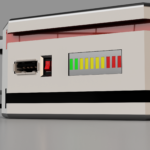
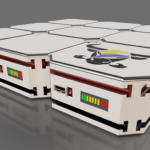
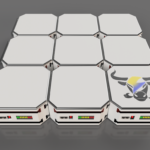
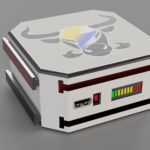
Previous
Next
Our proposed design involves a modular battery system. This battery system comes in several predefined sizes and can configured such that:
•Multiple power outputs can be achieved
•Different Voltage and amperage requirements can be met
•Charge time is reduced due to parallel charging of smaller batteries
After researching the current battery technology we found that while lithium ion will most likely be the best current battery composition, a newer chemical composition may lead the future. This is the sodium battery composition.
In order to support the charge requirements of a modular battery system two factors should be addressed before the development of a vertiport.
•Power Requirements
•Intermediate Power Storage
Because of the vast differences of terrain, and weather conditions, the choice of power generation and intermediate power storage must be determined at the time of constructing a vertiport. Our research has found the following types viable for such a design.
•Power Requirements - solar, wind, solar thermal and hydro.
•Intermediate Power Storage - Compressed Air Energy Storage, Thermal and Rust oxidation batteries (fairly new technology)




Previous
Next
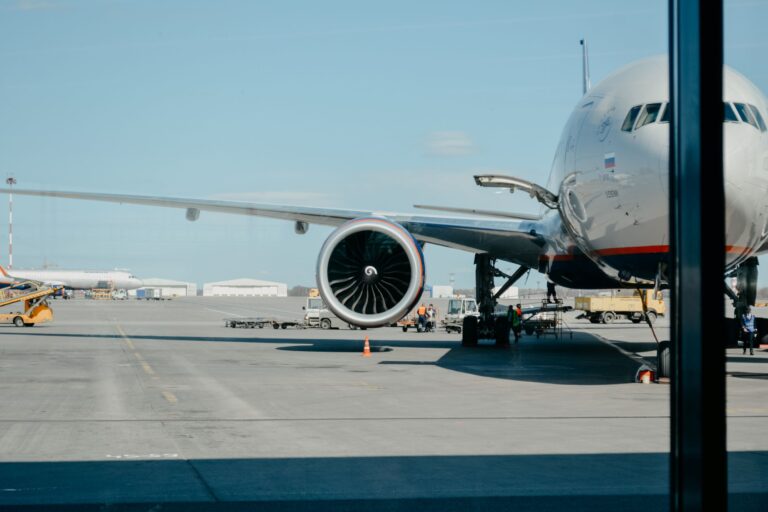
To receive the most benefit of this infrastructure the help of the FAA is needed. If the FAA requires an interchangeable modular battery design:
•Global and local partners will have a reduced research and development cost
•Battery resource management will be better handled and recycled properly
•Vertiport productivity will increase greatly. Charge pad time will decrease significantly
The Standard: Lithium Ion Batteries
•Mostly commonly used type of battery for EVs
•High energy density (260- 450 Wh/kg)
•Can retain charge for long periods of time
Known issues
•Thermal runaway
•Cost of materials:
•Li = rarity and high demand + predicted price spike
•Co = frequent political instability and human rights issues in main supplier country

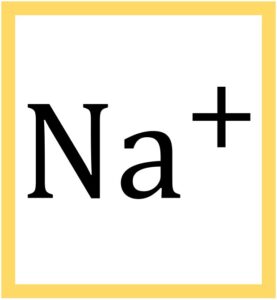
A New Contender: Sodium Ion Batteries
•Abundant and cheap
•Zero risk of thermal runaway
•Quick charge
Known issues
•Weight
•Lower energy density
•Have not been commercially produced
Mentor Suggestion: Aluminum Ion Batteries
•All advantages of SIBs +
•Much higher theoretical volumetric capacity (8046 mAh cm^−3)

